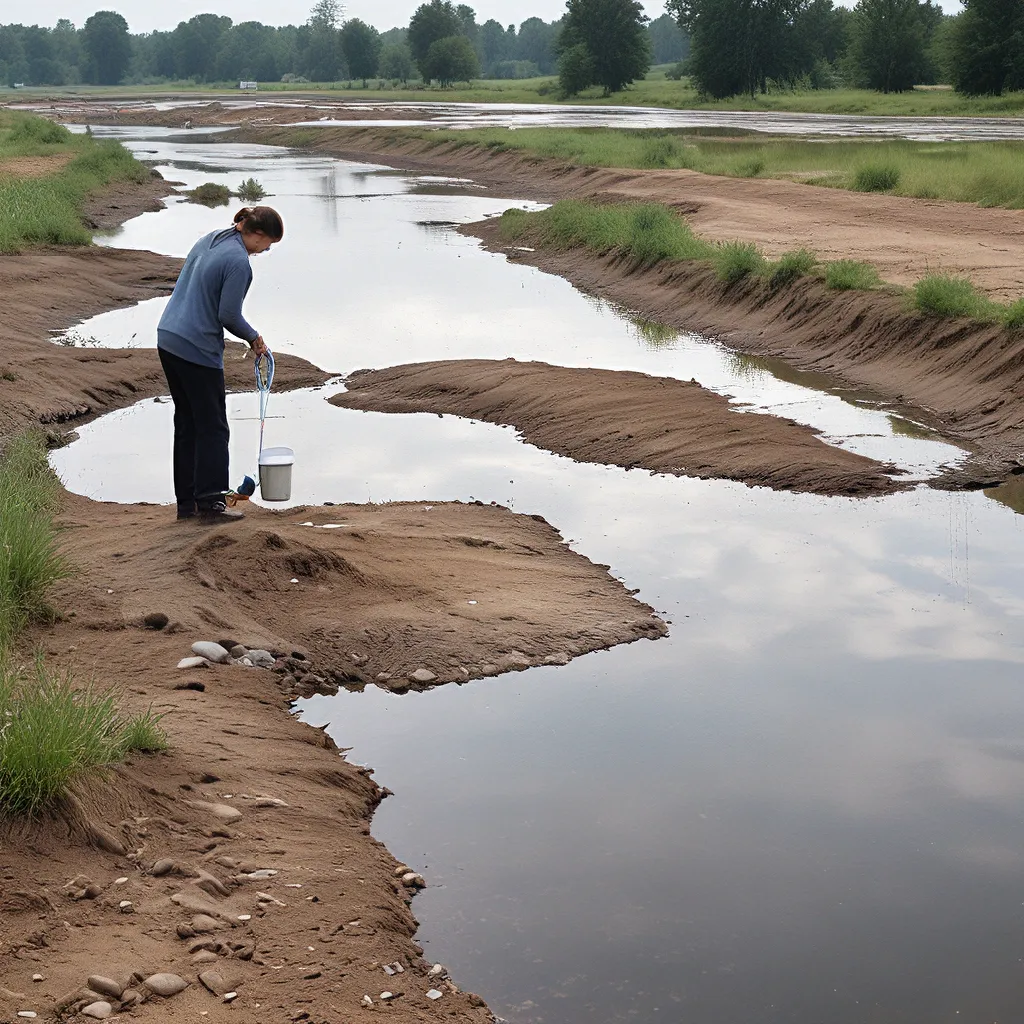
As someone deeply passionate about public health and the power of innovative solutions, I’ve been fascinated by the potential of wastewater-based epidemiology to transform the way we monitor and respond to neglected tropical diseases in Africa. It’s an approach that, at first glance, might seem a bit unconventional, but the more I’ve delved into the topic, the more I’ve become convinced of its transformative capabilities.
Let me start by painting a picture of the challenge we’re facing. Neglected tropical diseases continue to be a significant burden for communities across Africa, accounting for more than one-third of the global burden. These are diseases that, despite their prevalence, often fly under the radar, overshadowed by other public health priorities. But make no mistake, they have a profound impact, deepening marginalization and stigmatization, and exacting a heavy social and economic toll.
The good news is that progress has been made. Over the past decade, we’ve seen 47 out of 54 African countries eliminate at least one neglected tropical disease, and more are on the cusp of achieving this milestone. But the battle is far from over. Between 2020 and 2021 alone, there was an 80 million reduction in the number of people requiring intervention for these diseases. That’s a significant achievement, but it also highlights the ongoing need for vigilance and continued effort.
This is where wastewater-based epidemiology comes in. It’s a powerful tool that has the potential to transform the way we monitor and manage neglected tropical diseases in Africa. The concept is relatively simple: by analyzing the wastewater from our communities, we can detect and quantify the biomarkers of disease-causing pathogens. This approach can complement our existing disease surveillance systems, providing an additional layer of information that can help us better understand the spread of these diseases and detect outbreaks more quickly.
Now, I know what you might be thinking: “Wastewater? Really? How can that possibly be a useful tool in the fight against neglected tropical diseases?” Well, let me tell you, it’s a game-changer. Compared to traditional surveillance methods, which can be limited in Africa due to factors like infrastructure and resource constraints, wastewater-based epidemiology offers a tsunami-like warning system for disease outbreaks. It provides an unbiased reflection of the community’s health, without the biases and gaps that can sometimes plague traditional approaches.
Imagine this: a team of public health experts analyzing the wastewater from a community and detecting early signals of an impending Buruli ulcer outbreak. Armed with this information, they can spring into action, mobilizing resources and interventions to nip the problem in the bud before it spirals out of control. Or consider the potential for monitoring the spread of hookworm infections or tracking the progress of efforts to eradicate diseases like schistosomiasis and cysticercosis. Wastewater-based epidemiology can be a powerful tool in the toolbox, complementing and enhancing our existing surveillance systems.
But it’s not just about the early warning capabilities. Wastewater-based epidemiology can also help us optimize resource allocation and target interventions more effectively. By providing a comprehensive, real-time picture of the disease landscape, it can guide policymakers and public health professionals in making informed decisions about where to focus their efforts and how to allocate limited resources.
I can already hear the skeptics out there, questioning the reliability and accuracy of this approach. And I get it – when we’re dealing with something as complex as human health and disease, it’s natural to be cautious. But the growing body of evidence suggests that wastewater-based epidemiology is a robust and reliable tool, with the potential to revolutionize the way we monitor and respond to neglected tropical diseases in Africa.
Of course, like any innovative approach, there are still challenges to overcome. The technical aspects of sample collection, analysis, and data interpretation can be complex, and capacity building will be crucial to ensure that communities across Africa can effectively leverage this tool. But ongoing research and collaboration between scientists, public health professionals, and policymakers are paving the way for overcoming these hurdles.
So, what does the future hold? I’m optimistic that wastewater-based epidemiology will become an indispensable component of the arsenal we use to tackle neglected tropical diseases in Africa. By complementing our existing surveillance systems and providing that unbiased, real-time picture of disease trends, it can help us stay one step ahead of these persistent challenges. And who knows, maybe one day, we’ll look back and marvel at how a simple analysis of our wastewater helped us achieve the ambitious goal of eliminating these neglected diseases for good.
Of course, this is just the beginning. There’s still much to be explored and many questions to be answered. But I, for one, am excited to see where this innovative approach takes us. After all, when it comes to protecting the health and well-being of communities across Africa, we can’t afford to leave any stone unturned.
So, if you’re as passionate about this topic as I am, I encourage you to dive deeper, to explore the research, and to engage with the experts. Because together, I believe we can unlock the full potential of wastewater-based epidemiology and transform the way we monitor and respond to neglected tropical diseases in Africa. Who knows, maybe your local wastewater treatment services could even play a role in this exciting journey!